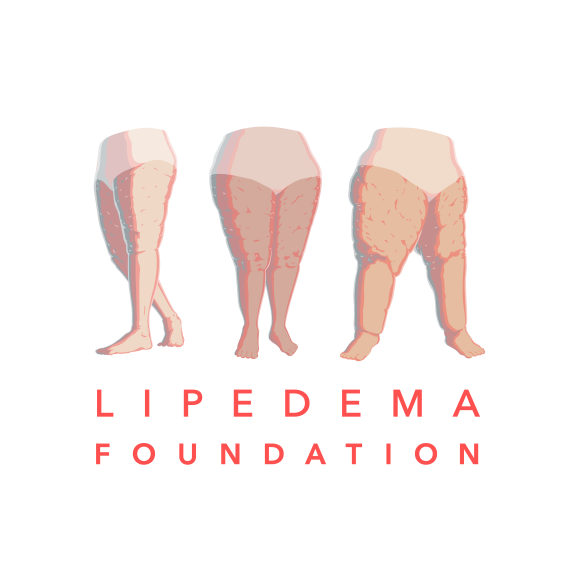NASHVILLE – The SALT Lab and the Division of Cardiovascular Medicine at Vanderbilt University Medical Center (VUMC) will soon be home to one of the first-ever biorepositories focused on lipedema research thanks to a new grant from the Lipedema Foundation.
This grant, which totals more than $700,000 over the next two years, will accelerate lipedema research by allowing researchers at VUMC to collect and study biological samples from participants with and without lipedema to further study this elusive disease. The project will be led by co-principal investigators Rachelle Crescenzi, PhD, and Aaron Aday, MD, MSc.
"We began this research with support from the Lipedema Foundation by applying magnetic resonance imaging to key questions about lipedema symptoms of fat and fluid in the legs,” says SALT Lab lead Rachelle Crescenzi, PhD, Assistant Professor of Radiology and Biomedical Engineering at VUMC.
“Now we have the incredible opportunity to ask a host of new questions about disease mechanisms,” adds cardiologist and vascular medicine specialist Aaron Aday, MD, MSc, Assistant Professor of Medicine at VUMC.
Lipedema is a chronic condition of fat and connective tissue which builds up in different parts of a person’s body, including the legs and hips. Lipedema fat accumulation is often accompanied by pain and edema, and is believed to be resistant to dietary and exercise interventions. However, the disease is often misdiagnosed as obesity, and diagnosis requires specialized training that is not widely available in most medical centers. The challenging diagnosis and lack of objective measures of lipedema have traditionally limited research studies about lipedema disease mechanisms.
The SALT Imaging Lab in the Vanderbilt University Institute of Imaging Science (VUIIS) has focused on applying noninvasive MRI methods for Sodium, Adipose, and Lymphatics Translational imaging of lipedema. Their research demonstrated that lipedema has distinct characteristics from obesity on MRI.
This new biorepository effort is a collaboration between the SALT Lab, the Division of Cardiovascular Medicine, the Lipedema Foundation and research resources at VUMC. The biorepository aims to advance the understanding and diagnosis of lipedema by hosting deeply-characterized samples to generate new hypotheses and contribute to research. These samples will support the research efforts at VUMC and collaborators in the foundation’s network.
“To date, one of the biggest barriers to advancing lipedema research has been the lack of well-characterized biological samples from participants with lipedema and those without the condition,” says Jonathan Kartt, Chief Executive Officer of the Lipedema Foundation. “We are excited to launch this biorepository in partnership with the stellar clinical and research team at Vanderbilt University Medical Center and are optimistic it will accelerate the field’s work to better define, diagnose, and treat lipedema.”
“Collaborating with Dr. Aaron Aday in our Vascular Medicine Section and the Lipedema Foundation early in the scientific process is critical to getting disease markers and testable treatments into clinics one day,” says Dr. Crescenzi. “That's our hope!"
